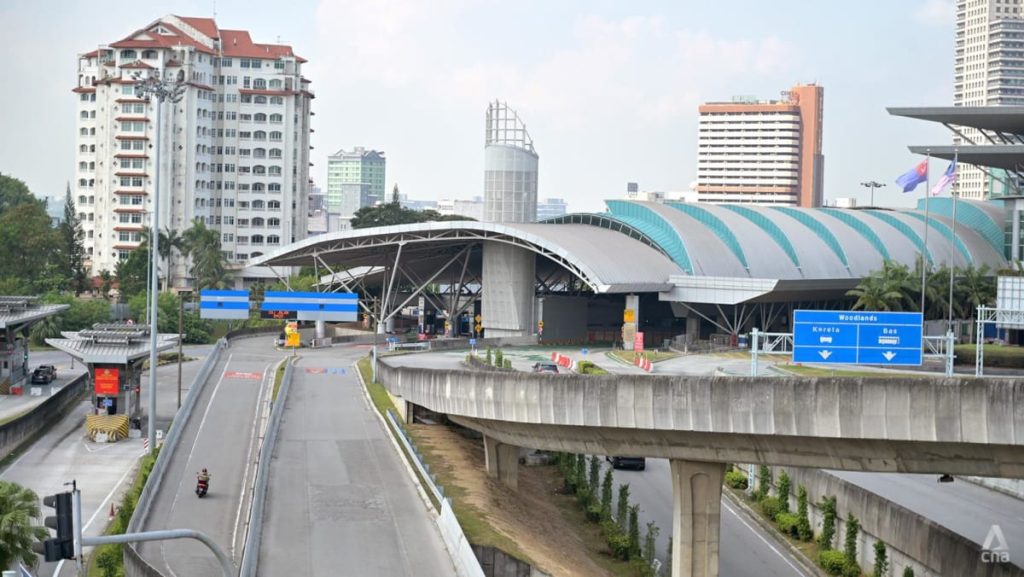The pilot initiative introduced by the Johor state government will only be applicable to Malaysian citizens who are traveling in “bas kilangs.” These commuters will still need to carry their passports with them, despite being part of this pilot program. This initiative is aimed at facilitating smoother and more efficient border crossings between Malaysia and Singapore, particularly for these specific group of travelers.
The decision to implement this pilot initiative comes amidst efforts to enhance border processes and reduce congestion at the Causeway. By allowing Malaysian citizens in “bas kilangs” to participate, it is hoped that this will help streamline the immigration procedures and improve the overall travel experience for these commuters. The initiative is part of a broader strategy to address the challenges faced at the border crossings and create a more seamless connection between Malaysia and Singapore.
The Johor state government’s representative emphasized that the pilot initiative is specifically targeted towards Malaysian citizens, indicating that it may not be extended to other groups of travelers at this stage. However, the inclusion of these commuters is a significant step towards testing the effectiveness of such initiatives and exploring potential solutions for border-related issues. By focusing on a specific segment of travelers, the government can gather valuable data and insights to inform future decisions and improvements in border management.
While Malaysian citizens traveling in “bas kilangs” will still need to carry their passports, the pilot initiative is expected to streamline the immigration process and reduce waiting times at the border. This move reflects the commitment of the Johor state government to address the challenges faced by commuters traveling between Malaysia and Singapore, particularly during peak hours. By implementing targeted solutions and exploring innovative approaches, the government aims to enhance the overall travel experience and improve cross-border connectivity for all travelers.
As the pilot initiative unfolds, it is important for stakeholders to monitor its impact on border crossings and gather feedback from the participants. This feedback will be crucial in assessing the effectiveness of the initiative and identifying areas for improvement. By involving relevant authorities, transport operators, and commuters in the evaluation process, the government can make informed decisions and tailor future initiatives to better meet the needs of travelers. This collaborative approach will help build a more efficient and user-friendly border crossing system for Malaysia and Singapore.
In conclusion, the pilot initiative implemented by the Johor state government for Malaysian citizens traveling in “bas kilangs” is a significant step towards enhancing border processes and connectivity between Malaysia and Singapore. While these commuters will still be required to carry their passports, the initiative aims to streamline the immigration procedures and improve the overall travel experience for them. By focusing on a specific group of travelers, the government can gather valuable insights and data to inform future decisions and address the challenges faced at the border crossings. This collaborative effort involving stakeholders and participants will contribute to creating a more efficient and user-friendly border crossing system for all travelers.


